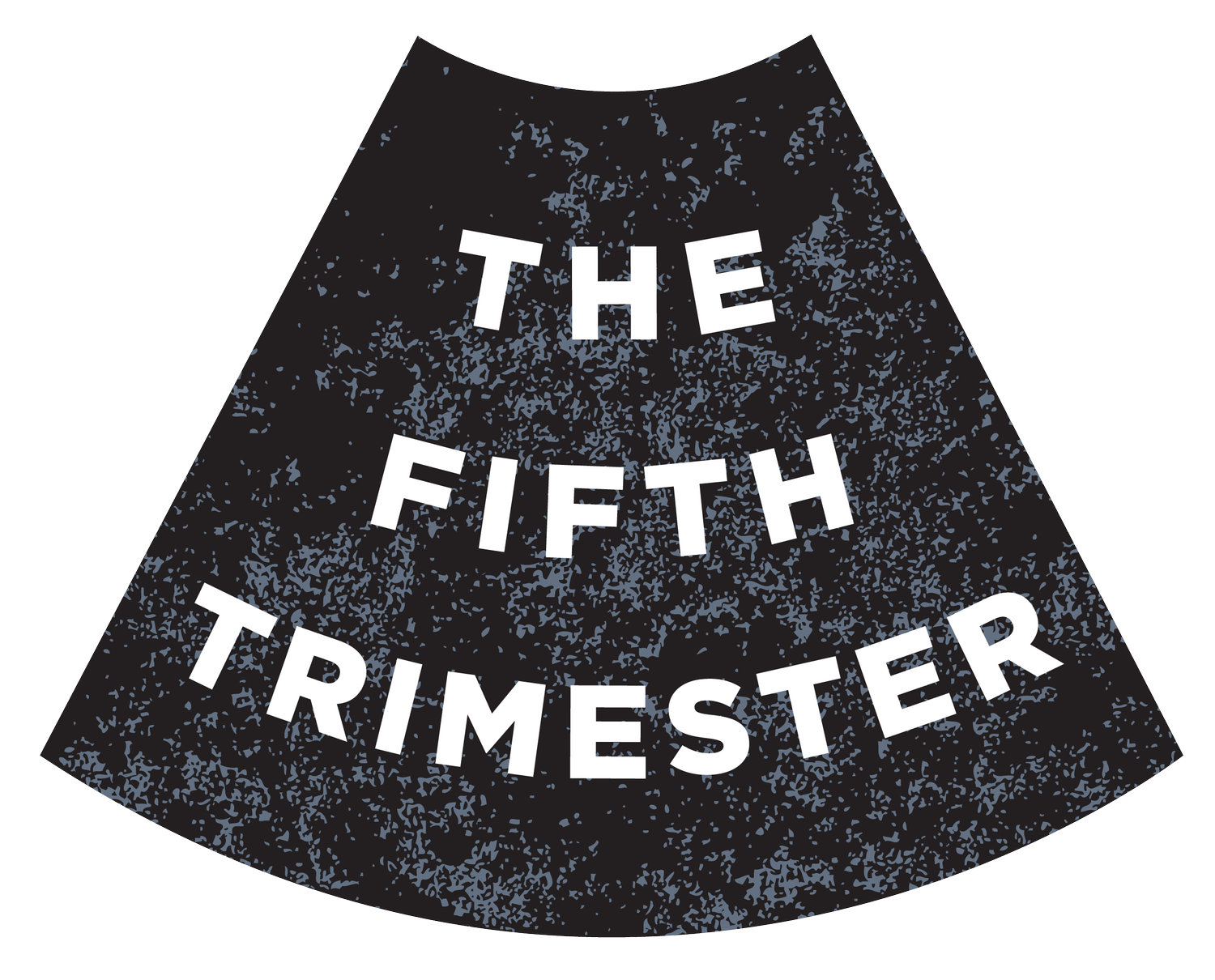photo by Ryan McGuire
Here's what I'd like to say: How could you?
Here's what I will say: All parents are human. I hope it gets easier for you to be patient and to discipline your child with empathy and not with fear. Until then, let the rest of us help a little. Because we will.
Here's what happened: Working at Starbucks this morning, I headed over to the noisiest corner of the coffeeshop, the one with the outlet. The corner was loud because a little boy, adorable and maybe almost three years old, was pitching a not-so-adorable fit.
Mom: Okay, time to leave.
Boy: I wanna stay.
Mom: Well, it really is time to leave, we have things to do, so come on, do you want to leave now?
Boy: No.
Mom: Well, I'm sad that you're one of those boys who doesn't do what he's told.
Boy: I'm sad. I hate you.
Mom: I'm sad you use those naughty words.
It went on and on like this and—after wondering why the mother didn't just pull rank and strap the kid in his stroller and go—I decided to mind my own beeswax and made a work call.
Five or 10 minutes later, I looked up from my interview and saw the little boy just standing there, no mother in sight. The guy next to me and I exchanged looks. "Where'd the mom go?" I asked him, "Is she...gone?" Noticing the boy, a Starbucks barista left his post to come see what was up, just barely making it to the door before the little boy tried to push his way out onto the busy New York sidewalk.
The three of us, perhaps all parents—but certainly all one-time scared children—circled up around the boy. A grandmotherly woman near the window shook her head and pointed: "She's at the fruit stand, down the street." And, there she was, the mom, buying bananas, acting bananas, almost a full block away. I walked the boy out and over to his mother. Was I doing the right thing? Should I bite my tongue? I tried to catch her eye but couldn't. Right away, hands on hips, she shouted at the boy, full of sarcasm. I let go of his wrist and wished I'd thought to hold his hand, to squeeze it and connect in some way, especially when I heard her explanation: "See? That's what happens when you don't want to leave when Mommy leaves, naughty boy." She'd done it on purpose. To punish him.
Now, I have no idea what's going on in this woman's life to make her act this way. And as I walked away, reluctantly, I was gutted for this child. Should I have called the police? Would that have made his life better, or worse? Worse, I'm guessing. So I went back in to the Starbucks, to my table, where I'd left my laptop, my phone, my wallet, and went on with my day. I was sad, but I was also oddly reassured that once again I'd felt the welcome pain that parenthood gives you: That feeling that everyone, everyone is someone's child, that we are all responsible in some way for caring for each other. The barista had felt it. The businessman next to me, and the grandmother too. I hope that that frayed mom and every mother knows—at work, in life, at the corner coffeeshop—We've got your back. Just let us help.


















